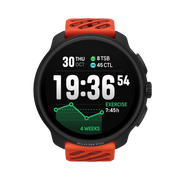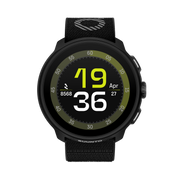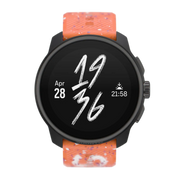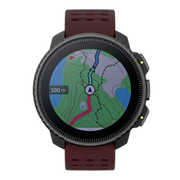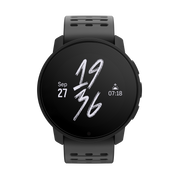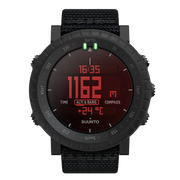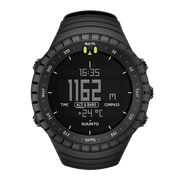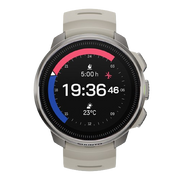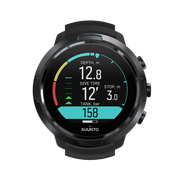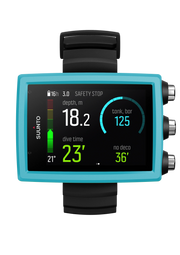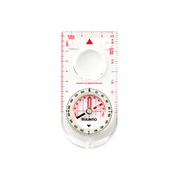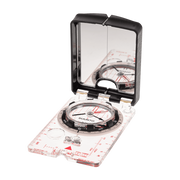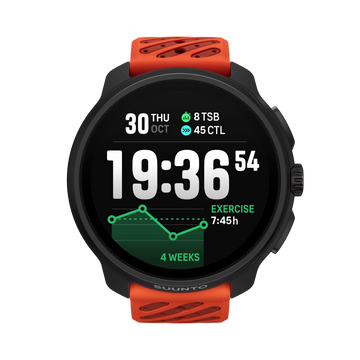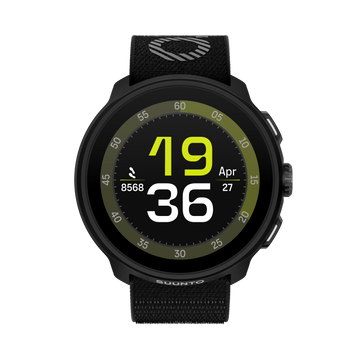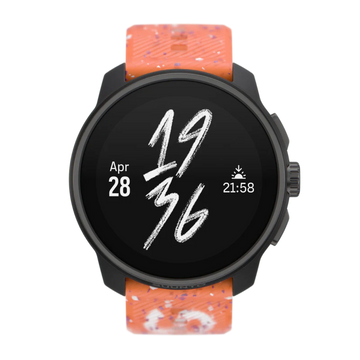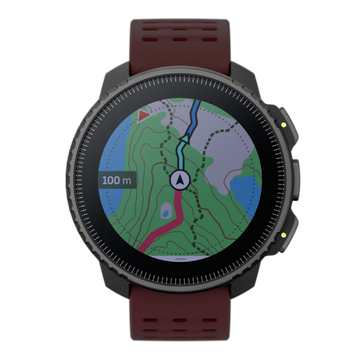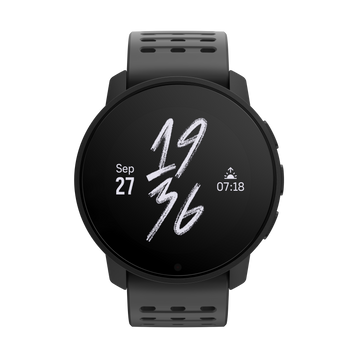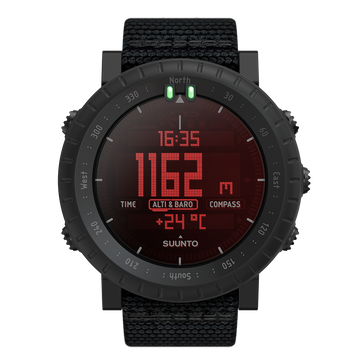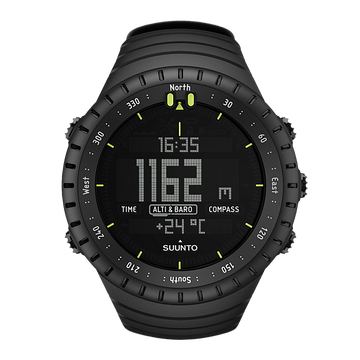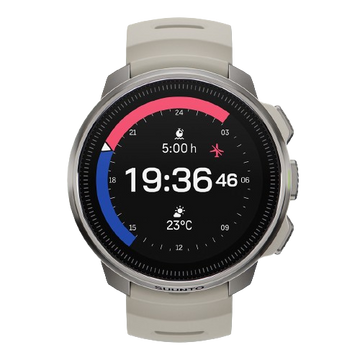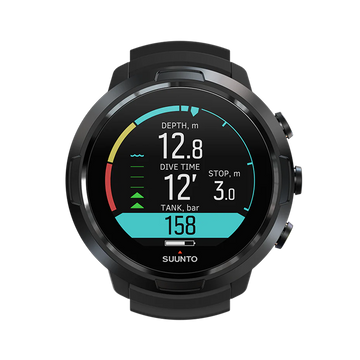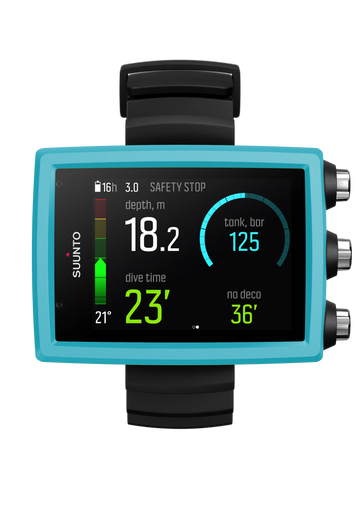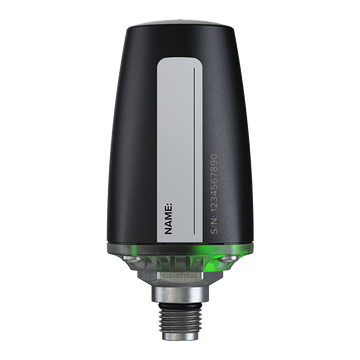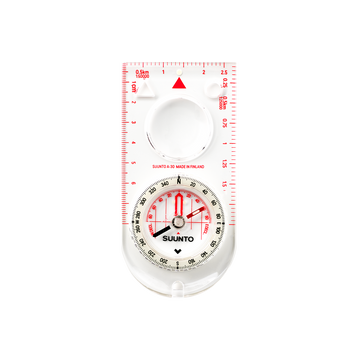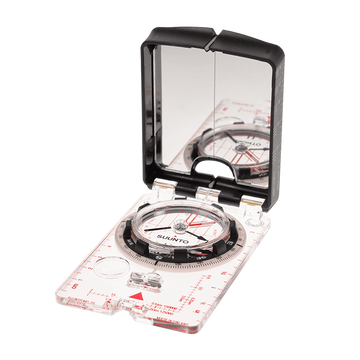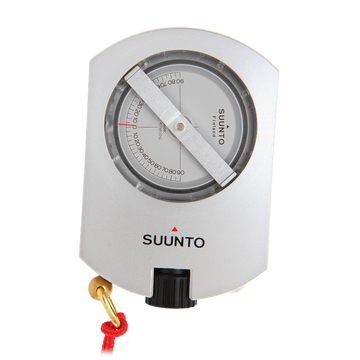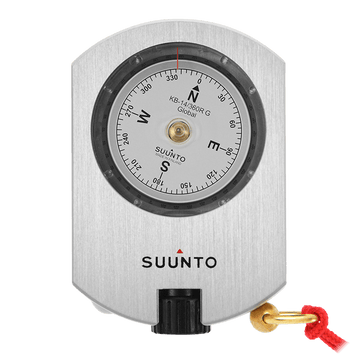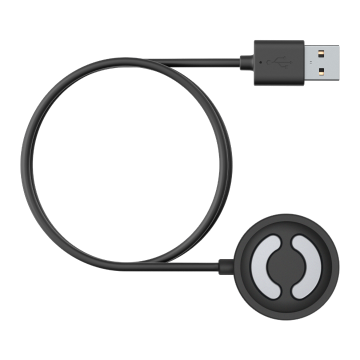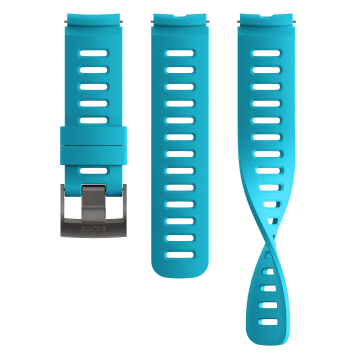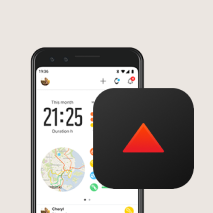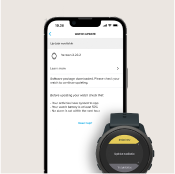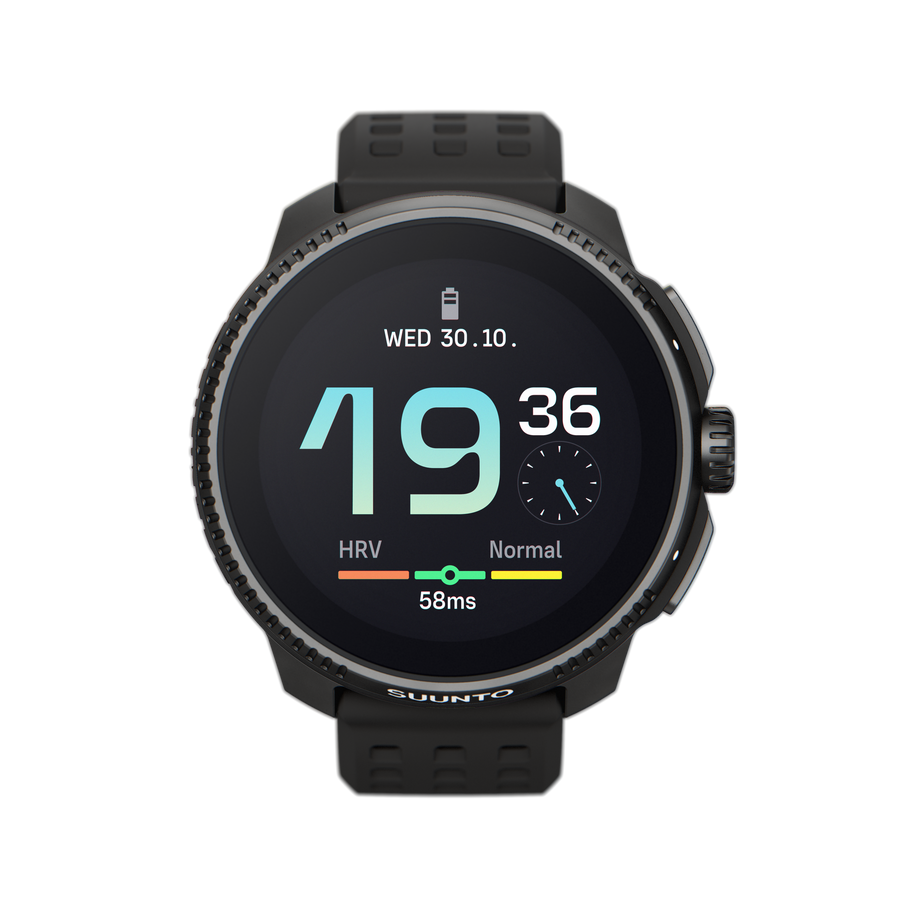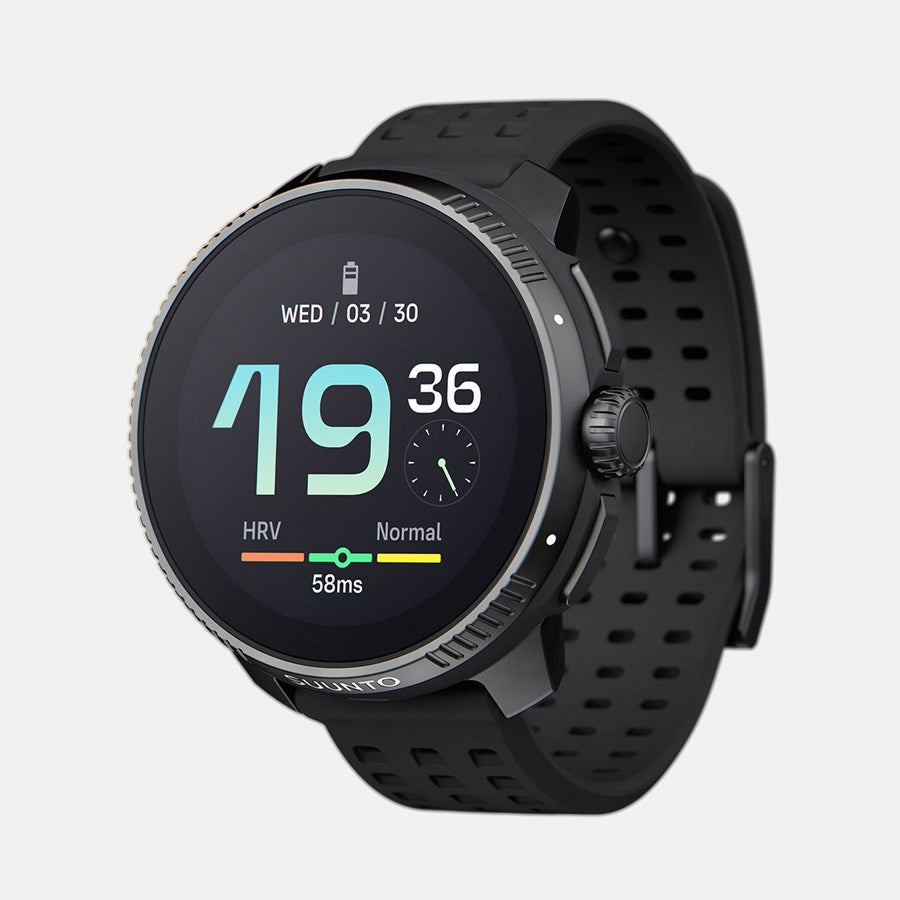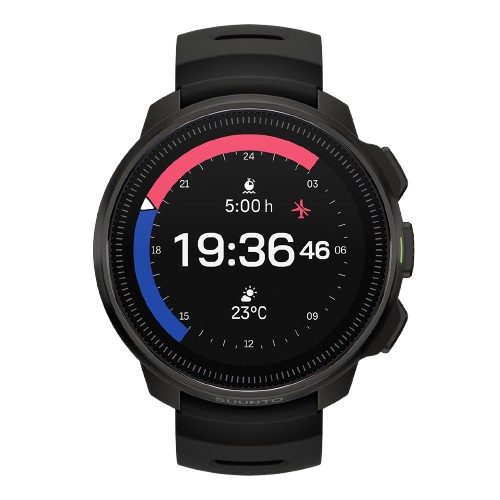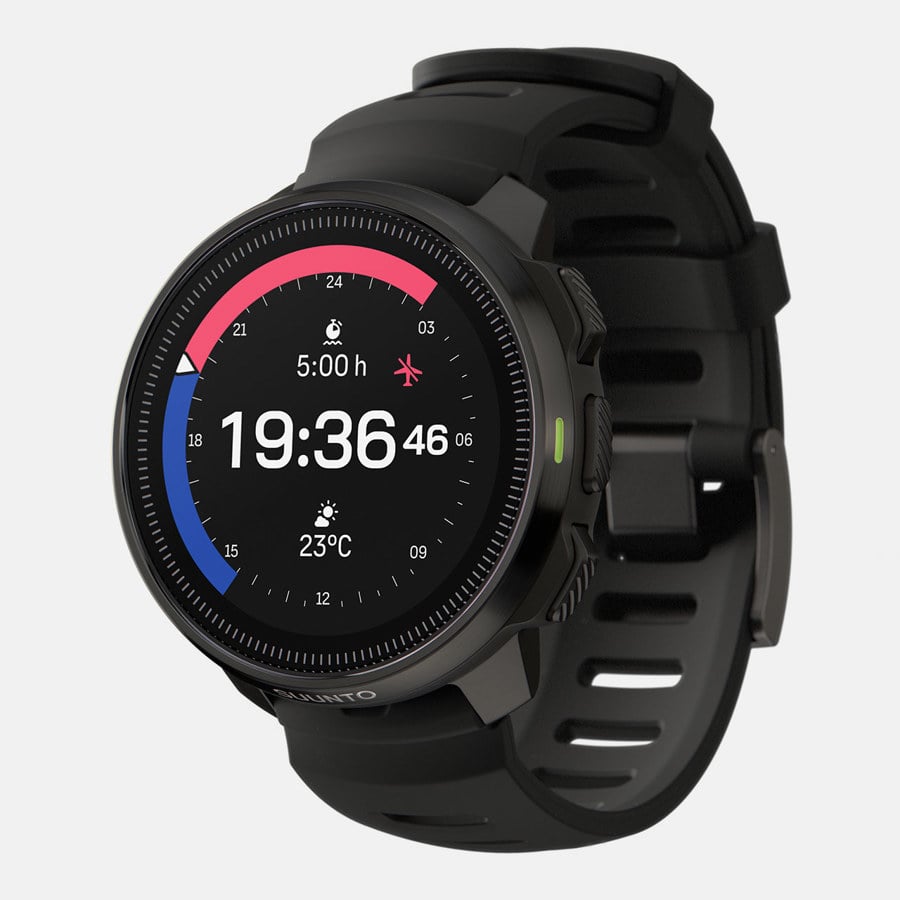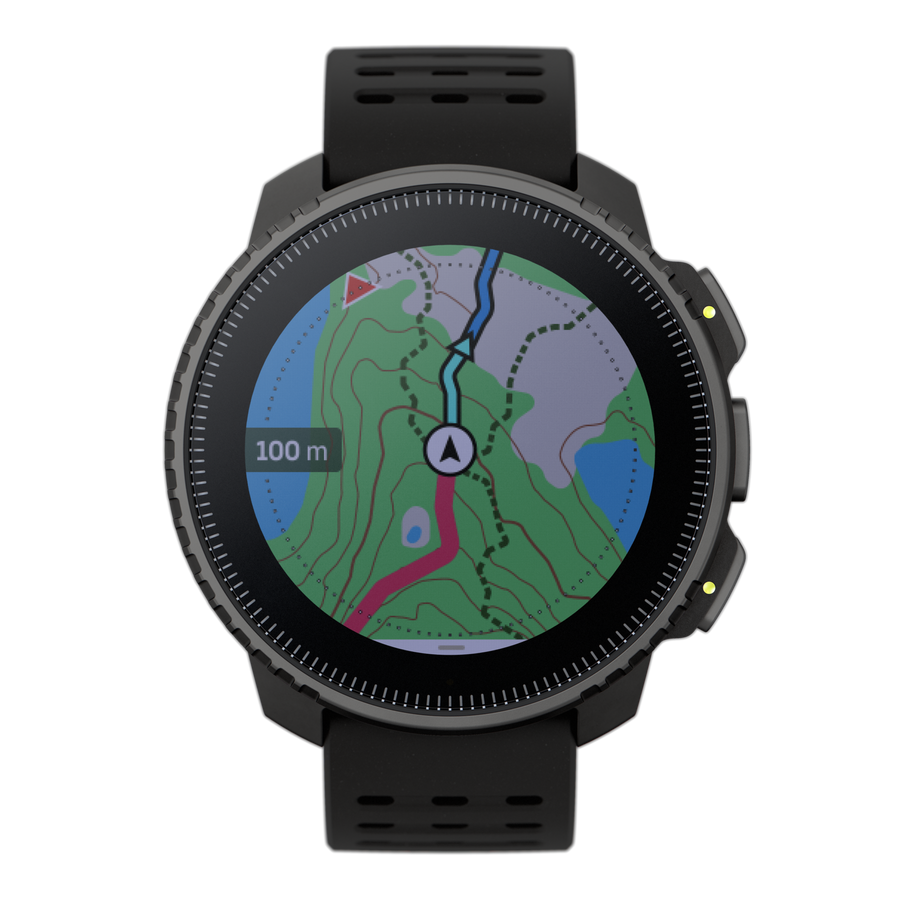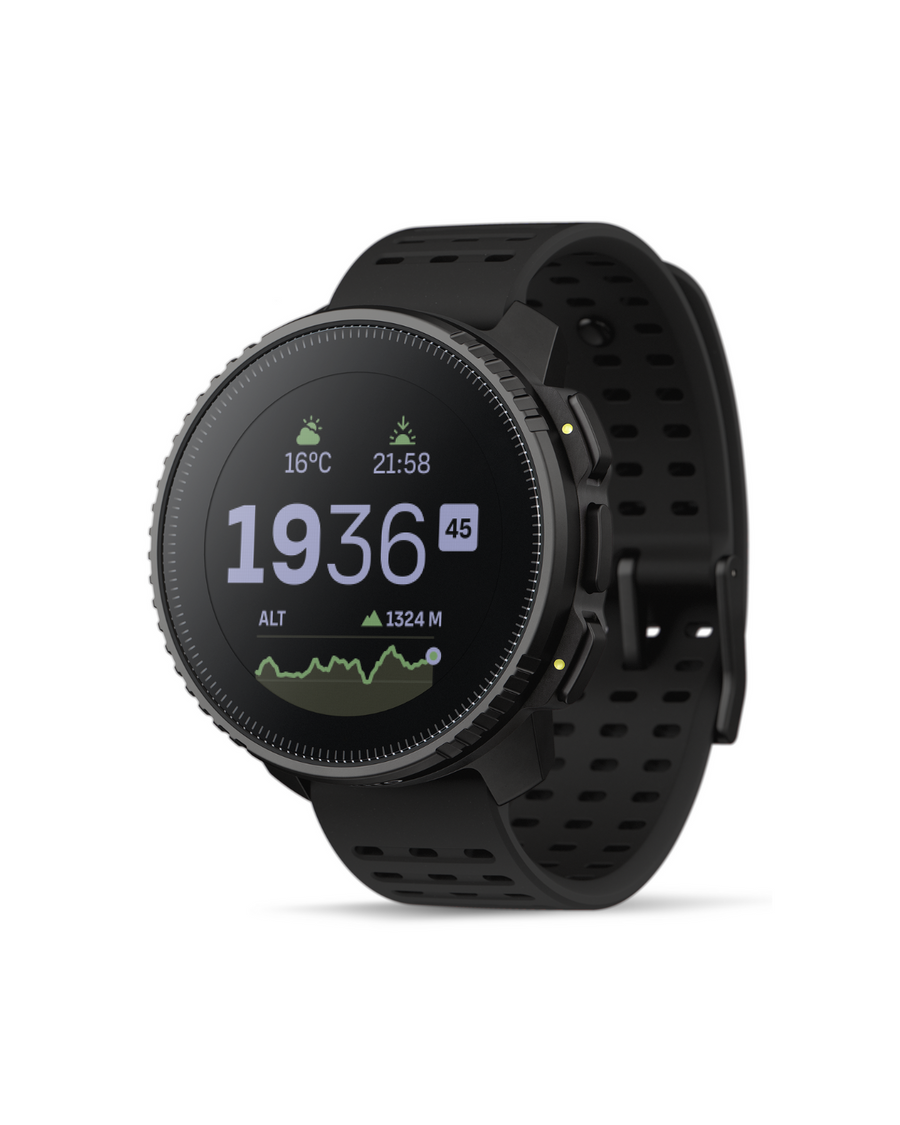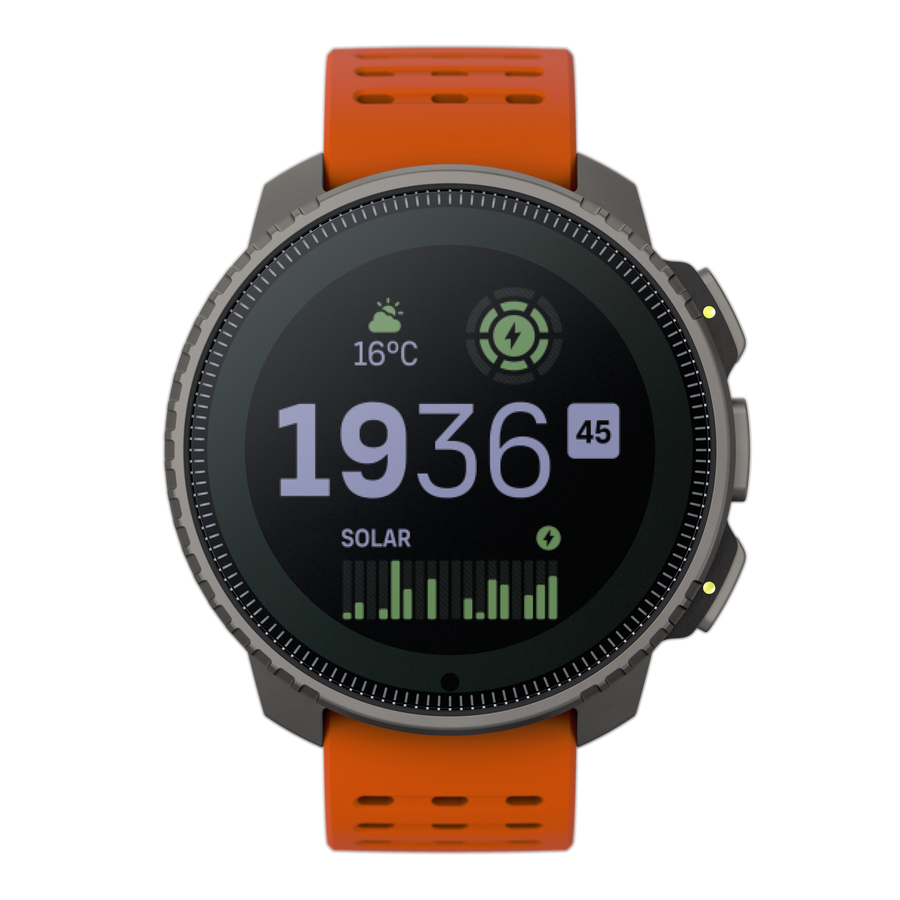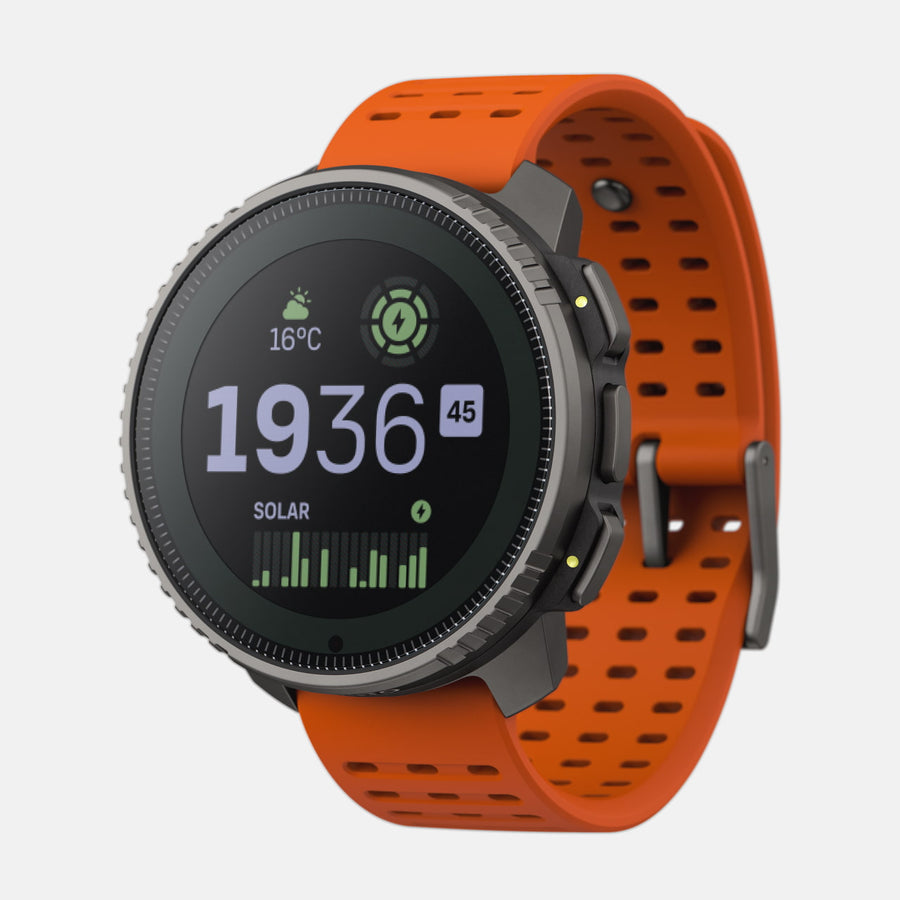Are you planning to run a full marathon but don’t have enough time? We understand you. And, the idea of completing the course in 16 weeks is surely daunting, but you don’t have to stress. This article is a complete solution for all of your worries. Yes, we will walk you through the best 16-week marathon training schedule and help you prepare to compete with confidence. So, let’s dive in!

1) Can I train for a marathon in 16 weeks?
If you are wondering, is 16 weeks enough to train for a marathon? Yes, the marathon training in 16 weeks is an enough time period for marathoners to build endurance and confidence. And you know, if someone enjoys running, then there is a guarantee that 16 weeks are enough.
Generally speaking, runners usually take anywhere from 12 to 20 weeks to prepare, so the 16-week duration will surely come in handy for most runners. It is not too long or too short, making it perfect for someone just starting with running.
But is this plan for everyone? Not exactly. If you are new to running, a longer plan or a shorter race, such as a 10K or half marathon, may be more suitable. But if you can already run 5 to 10 kilometres a few times a week, this 16 week marathon training schedule can help you prepare safely.
➔ This plan is designed for:
● Runners who can jog for at least 30 minutes nonstop.
● People are looking for moderate training challenges to test their fitness level.
● Participants who may have completed shorter races and are ready for the full marathon.
2) What types of training are included in a marathon training program in 16 weeks?
A good marathon training program 16 week should cover more than just running. Planning miles is not enough, your body demands a variety of workouts for complete preparation for the 42.195 kilometres. To make it clear on everything, there are a few main types of training in a marathon training 16 week plan, 16 weeks, beginner to advanced runners can use:

i) Easy Runs
These runs are performed at your comfort level, where you can talk effortlessly, which is relaxing. They aid in the building of your aerobic base and improve recovery. Well, you are not fatigued. Easy runs constitute the majority of your weekly mileage.
ii) Long Runs
This is the most important part of your plan. Long runs enhance your endurance and train your body to use fat for fuel. They gradually build from shorter distances to around 20 miles or more before tapering.
iii) Tempo Runs (Threshold Runs)
Tempo runs are performed at a “comfortably hard” pace: faster than easy runs but not a full sprint. Basically these are training runs. They make you better at lactate threshold, so you can run faster for longer and without fatigue.
iv) Interval Workouts (Speed Work)
Intervals are short, fast repeats usually with rest between (like 400m or 800m repeats). Apart from this, these extremely intense sessions also train your heart and lungs to function more efficiently. Intervals give a boost to your speed and improve running economy.
v) Hill Repeats
Running uphill strengthens your leg muscles, refines your running form, and adds to your power. Well, it makes you a stronger runner and helps prevent injuries.
vi) Recovery Runs
These are short and slow in duration. They promote blood circulation, encouraging faster recovery from intense workouts or long runs.
By integrating diverse types of runs, speed, endurance, and recovery are balanced during the training period. This variety keeps you motivated throughout your training to avoid burnout.
3) 16-week marathon training schedule
Next, I will provide you with a specific marathon training program for 16 weeks. In addition, the training plans for beginners and veterans should be different. Therefore, I have also provided training plan examples for runners of different levels. You can adjust the plan based on your actual situation.
|
Week
|
Monday |
Tuesday |
Wednesday |
Thursday |
Friday |
Staurday |
Sunday |
|
1 |
Rest |
3 mi easy |
Cross-train |
3 mi easy |
Rest |
3 mi easy |
6-mile long run |
|
2 |
Rest |
3 mi easy |
Cross-train |
3 mi tempo |
Rest |
3 mi easy |
7-mile long run |
|
3 |
Rest |
4 mi intervals (400m) |
Cross-train |
3 mi easy |
Rest |
4 mi easy |
8-mile long run |
|
4 |
Rest |
3 mi easy |
Cross-train |
3 mi tempo |
Rest |
3 mi easy |
5 mi step-back |
|
5 |
Rest |
4 mi intervals (800m) |
Cross-train |
4 mi easy |
Rest |
4 mi easy |
9-mile long run |
|
6 |
Rest |
4 mi tempo |
Cross-train |
4 mi easy |
Rest |
4 mi easy |
10-mile long run |
|
7 |
Rest |
5 mi intervals (1k) |
Cross-train |
4 mi tempo |
Rest |
4 mi easy |
11-mile long run |
|
8 |
Rest |
4 mi easy |
Cross-train |
4 mi tempo |
Rest |
4 mi easy |
7 mi step-back |
|
9 |
Rest |
5 mi intervals (1k) |
Cross-train |
5 mi tempo |
Rest |
5 mi easy |
12-mile long run |
|
10 |
Rest |
5 mi tempo |
Cross-train |
5 mi easy |
Rest |
5 mi easy |
14-mile long run |
|
11 |
Rest |
6 mi intervals (1k) |
Cross-train |
5 mi tempo |
Rest |
6 mi easy |
16-mile long run |
|
12 |
Rest |
5 mi easy |
Cross-train |
5 mi tempo |
Rest |
5 mi easy |
10 mi step-back |
|
13 |
Rest |
6 mi intervals (1k) |
Cross-train |
6 mi tempo |
Rest |
6 mi easy |
18-mile long run |
|
14 |
Rest |
5 mi easy |
Cross-train |
5 mi tempo |
Rest |
5 mi easy |
12 mi step-back |
|
15 |
Rest |
4 mi easy |
Cross-train |
3 mi tempo |
Rest |
4 mi easy |
8-mile taper run |
|
16 |
Rest |
3 mi easy |
Rest |
2 mi easy |
Rest |
Rest |
Race Day! |
a) Beginner Marathon Training Plan (16 Weeks)
This marathon training 16 week is suited for new marathon runners. It focuses on avoiding injuries and making progress at a steady pace.
➔ Sample Weekly Routine:
● Monday: Rest
● Tuesday: 3-5 Miles Easy Run
● Wednesday: Cross-training (Bike, Swim, Walk)
● Thursday: 3-5 Miles Easy
● Friday: Rest
● Saturday: 3-4 Miles Easy
● Sunday: Long Run
Each fourth week is a 'step-back' week, which reduces mileage volume for recovery. Well, in the last three weeks, you taper to rest before race day. If you are a beginner, this marathon training plan 16 weeks beginner is ready to help you out
b) Intermediate Marathon Training Plan (16 Weeks)
These 16 weeks to train for a marathon intermediate, is best for runners with some experience, having completed a half marathon.
➔ Sample Weekly Routine:
● Monday: Rest or light yoga
● Tuesday: Tempo or interval run (e.g., 5x800m)
● Wednesday: 5-7 Miles Easy
● Thursday: 5-8 Miles Steady Pace
● Friday: Rest or cross-train.
● Saturday: 5-6 Miles easy or with strides.
● Sunday: Long run (starts at 8 miles and peaks at 20)
The plan introduces race pace runs and goal-specific training, helping you get stronger and faster.
c) Marathon Training Plan for professionals (16 Weeks)
Alright! Now, this plan is for runners looking to beat their personal best, like getting under a 4-hour marathon. It includes difficult speed work as well as high mileage.
➔ Sample Weekly Routine:
● Monday: Rest
● Tuesday: Speed intervals (e.g., 6x1 K at 5K pace)
● Wednesday: 6–10 miles aerobic run
● Thursday: Tempo or repeat hill workouts
● Friday: Recovery 4-6 miles
● Saturday: 8–10 miles. Some at race pace
● Sunday: Long run (starting at 10, then building up to 22 miles)
This marathon training plan 16 weeks advanced includes two weekly long runs of over 20 miles and mileage of 55-65 miles before a taper period.
To be frank, if you use a running watch while racing, it will help you out in many aspects. In a Reddit post, a user shared the experience of using a running watch. The author said that running has helped them a lot, splitting their miles. The author further shared that the watch is also helpful in evaluating your progress over time. You can read the comment below;

If you also want a professional running watch, then you can consider the Suunto Run. It’s great for runners as it offers:

● Real-time evaluation of physical strength change, helpful in achieving a person’s best mark.
● Analysing training subjects helps with recovery and progress, as does scientific guidance.
● Indications of body readiness for the subsequent workout are known as readiness.
● Posture and running power aids, as well as advanced metrics of the device, are offered.
● A battery lasting over 20 hours of continuous exercise at maximum performance has a 60-minute charge, sustaining up to 8 days.
●The offline music feature lets you listen to your favourite music without using your phone.
● Price more reasonable compared to other products on the market.
For further details, check the official website of Suunto Run. Get to know your running assistant now!
